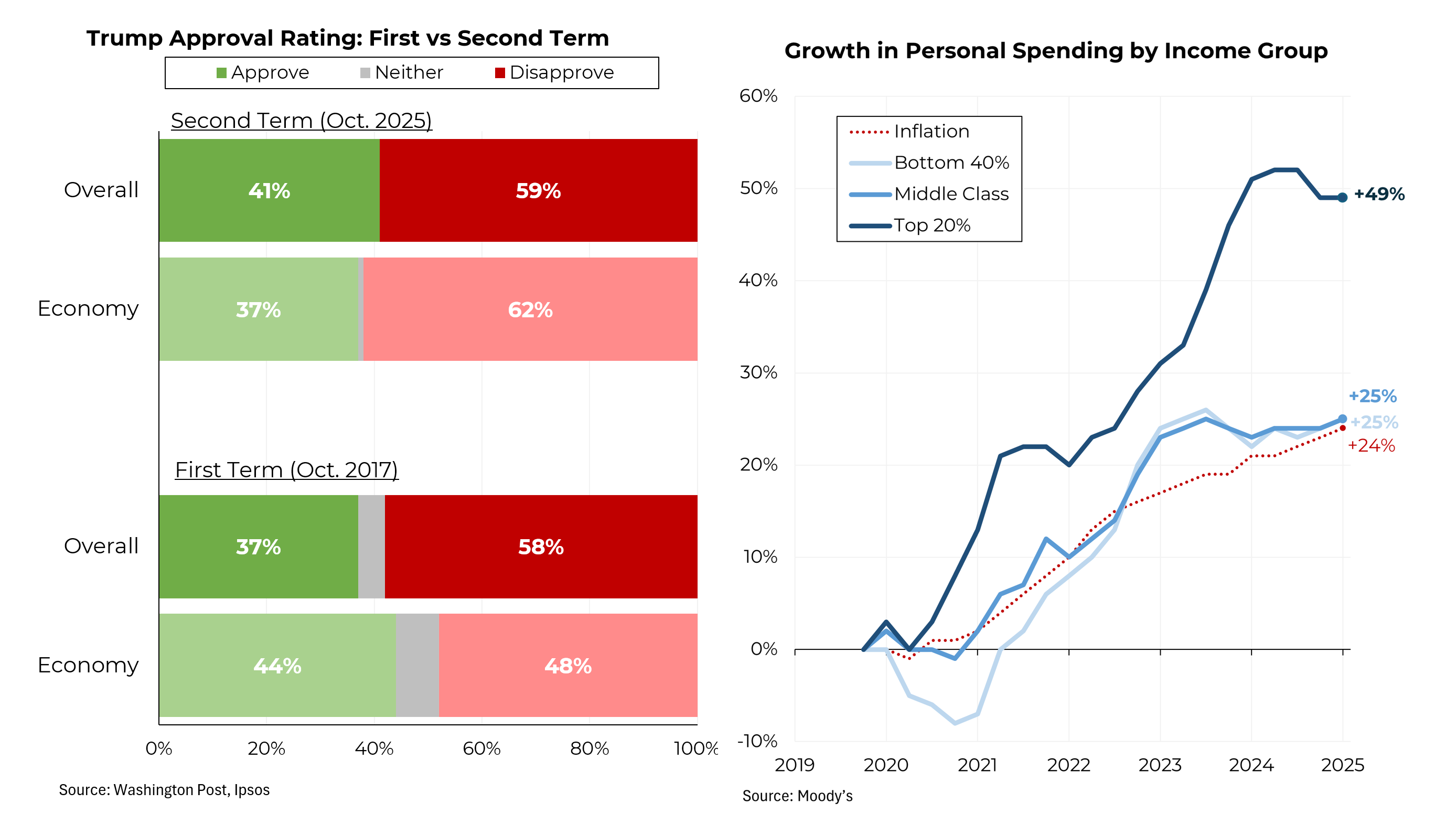Originally appeared in The New York Times.
After Republicans pulled their legislation to repeal and replace the Affordable Care Act last Friday, President Trump told The Washington Post, “The best thing politically is to let Obamacare explode.”
Or he could light a match. Republicans may have conceded defeat in their legislative effort to get rid of Obamacare, but their guerrilla war to achieve its demise remains underway.
The stealth battle began on Inauguration Day, when Mr. Trump signed an executive order giving his agencies wide latitude to weaken the law.
Almost immediately, the Department of Health and Human Services scaled back advertising aimed at encouraging people to enroll in a health insurance plan by the Jan. 31 deadline for 2017.
No surprise, then, that sign-ups for this year came in a bit short of expectations.
Next, the Internal Revenue Service announced that it would continue to allow taxpayers to file their returns without indicating whether they had complied with the mandate to have insurance. Assertions to the contrary notwithstanding, this was quickly interpreted to mean that those failing to comply with the health care act’s insurance requirement would not be assessed penalties.
These may sound like small potatoes, but the requirement that all Americans have insurance is at the heart of Obamacare. Without maximum participation of healthy, young Americans in the insurance exchanges, insurers cannot afford the cost of covering older, less healthy individuals.
That’s the essence of why companies have been dropping out of the marketplace, creating the risk that counties in states like Tennessee and Arizona may have no insurers participating.
Much more seems on the horizon. This month, Tom Price, the secretary of the Health and Human Services Department, tweeted: “There are 1,442 citations in the #ACA where it says. ‘The secretary shall …’ or ‘The secretary may …’ @HHSGov, we’ll look at every single one.”
Through that pathway, the Trump administration can chip away at other parts of Obamacare, notably the expansion of Medicaid.
While Medicaid expansion can’t collapse the way that the exchanges could, Mr. Price could diminish it by taking steps like allowing states to impose a work requirement on enrollees or to limit lifetime benefits. He could also water down the 10 essential benefits required for all policies by the law, like maternity care and mental health coverage.
Even if my worries are misplaced, remember that Obamacare worked, in part, because it had the active support of the entire executive branch.
It’s no surprise that, like every huge new social program, the A.C.A. needs some tuneups.
For example, the well-intentioned decision to limit the size of the premiums that can be charged to older people to three times what can be charged to younger people has resulted in higher premiums for younger Americans, which has in turn discouraged sign-ups.
Raising that limit (as Republicans have proposed) would be a plus if coupled with higher subsidies for deserving older people, as would be increasing the penalties on those who opt out. At present, those fees are far less than the cost of insurance.
Conservatives say they want states to have more flexibility. One meritorious idea would be allowing states to create reinsurance pools that would cushion insurers against losses, thus lowering premiums.
To be fair, the administration’s actions to date have not been completely one-sided. In February, to provide more certainty to insurers, H.H.S. set stricter limits on sign-ups outside the defined enrollment periods. The Republicans even incorporated one good idea in their failed bill: a $100 billion pool that states could use to help cover the cost of insuring very sick people, thereby shoring up weak exchanges. There seems little chance of that happening now.
But the White House has been silent on a major issue: whether it will continue to fight a lawsuit by House Republicans intended to eliminate subsidies to low-income Americans to help cover their deductibles and co-payments.
If the effectiveness of the A.C.A. is diminished — whether by affirmative moves by the Trump administration or passive resistance to needed improvements — rest assured that the Republicans will try to blame Obamacare’s supporters. Mr. Trump may not know how to govern, but he’s proven his ability to conduct Twitter wars.
Supporters of the A.C.A. — perhaps the greatest single legislative achievement in many decades — need to counter that, informing Americans that any deterioration in their coverage will be the fault of the Trump administration.





